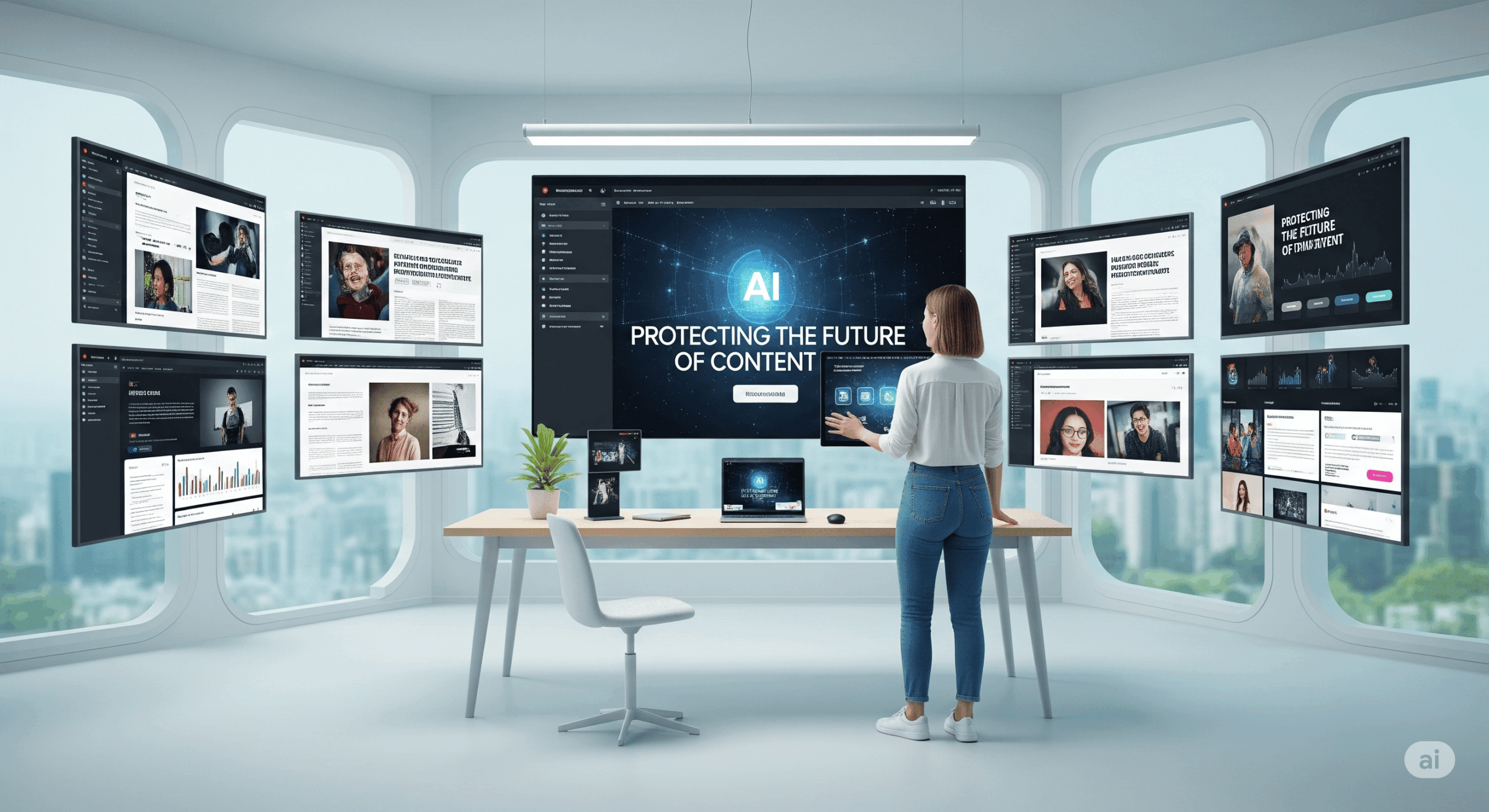What does telecoms giant Ericsson have to do with entertainment? That’s what an audience gathered to find out this afternoon, in the keynote for MIPTV’s Connected Creativity Forum, in which he promised to talk about ‘shaping the networked society’.
He started by talking about children born in 2011 – « they will not understand ‘no coverage’ or ‘not on all the time' » – before saying that he explains the mobile and entertainment industries are at a key inflection point.
« We believe that we are in the fifth technology revolution, » he said. « That is an information age… We call that the networked society, where everything that benefits from being connected will be connected. »
He also said that the networked society, which will lead to 50 billion connected devices, will be built on three pillars: mobility, broadband and the cloud. « We believe that by 2015 there will be eight billion mobile subscriptions, » he said. « We see clearly a time-shift to mobile… Users taking a fixed line service to mobility, or using it even more. »
Vestberg referred to Ericsson’s own research showing that smartphone owners spend three quarters of their phone usage time doing things other than voice calls.
Second: broadband, which today is used by roughly one billion people, with 600 million of those having mobile broadband and 400 million fixed broadband. By 2015, he thinks there will be five billion mobile broadband users. « Basically, 90% of the earth’s population will have coverage by 2015. »
And that third pillar: the cloud, which is bringing down the cost and raising accessibility for people to host applications and services on the network. Ericsson works with Akamai to work on cloud provision, said Vestberg.
« What is going to be in the network? 90% of IP traffic is going to be video, and we believe in five years more is going to be HD than SD, » he said, referring to high definition versus standard definition. « Within five years, probably two thirds of all consumer electronics devices that come out will have some form of connectivity. »
Ericsson is working hard on 3D content too, helping to deliver ESPN’s 3D content. « 3D will be a very important piece of the networks in the future, » he said.
Vestverg stressed that creativity will « come from different angles » in the future, saying that mobility, broadband and the cloud is a big opportunity for the TV and other creative industries. For its part, Ericsson is sinking barrel-loads of cash into building the networks to carry all this content in the future.
He then sat down for a Q&A session with Ralph Simon, CEO of the Mobilium Advisory Group and chairman emeritus of the Mobile Entertainment Forum.
He started by asking Vestberg how the TV industry can start to find new revenue streams that are not ‘traditional’. « It’s very clear there are going to be different channels for the content, » he replied. « The change we’re seeing right now is twofold: one is getting the content out to all the different channels, and the second is to start getting target groups. »
Simon asked about video on demand, where Ericsson has been working with cable companies like Comcast and Time Warner for many years. How will mobile reach into that world? « We see a similar pattern there. You’re probably never going to consume a movie on a mobile phone… but if you think about the tablets coming now, yes people will start consuming VOD on tablets, which is mobility as well. »
He also talked about India, where « the majority of the population will start with a mobile phone » when it comes to content. « It’s not obvious that they will call on it. It’s more obvious that they will start looking for information, and sending information, » he said.
What is Ericsson working on right now that might have new features for the TV industry? It has launched something recently called ‘PC as a service’. « We’re using the cloud, the mobility and the broadband. Suddenly you have basically a dumb receiver only, which is a screen. » Education was one early sector to benefit from this.
Vestberg was asked about social media, and whether the next stage owes its evolution to interaction with mobile. « It’s about micro-segmenting, » he said, suggesting that in some countries, a lot of people will only want mobile data for accessing Facebook.




